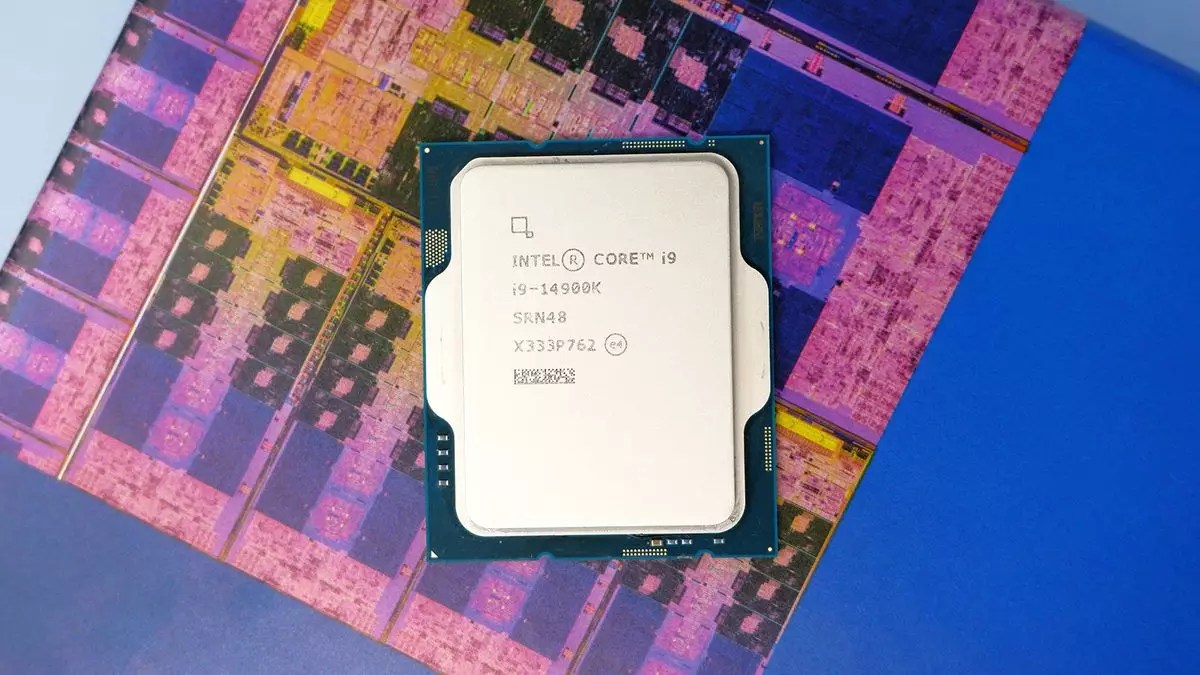Intel recently announced an extension of warranty support for boxed Intel Core processors, particularly the 13th and 14th Gen desktop processors. This move comes in light of the ongoing crashing issues affecting the Raptor Lake and Raptor Lake Refresh CPUs. The company is urging individuals experiencing “instability symptoms” in prebuilt machines to contact their system manufacturer’s support team. For those who have purchased boxed CPUs, they are encouraged to reach out to Intel Customer Support for further assistance.
A Reddit user shared their frustrating experience with Intel’s current RMA procedure. In this case, the user, jerubedo, attempted to RMA two Core i9 14900Ks, purchased from Amazon and Microcenter as brand-new chips. However, Intel claimed that both products were potentially not genuine CPUs. Despite providing necessary documentation and images to support their claims, Intel disputed the authenticity of the CPUs.
For the Microcenter-bought chip, jerubedo faced challenges when Intel claimed that the CPU was a re-marked unit, even though it was purchased in a sealed box directly from the shelf. Despite providing additional evidence that corroborated the authenticity of the CPU, Intel instructed them to return the product to Microcenter. After a series of back-and-forth interactions, Microcenter accepted the chip and provided store credit in return.
Challenges with Retailer-Purchased Chip
In the case of the Amazon-purchased chip, Intel initially quoted the wrong serial number and claimed that the CPU was a tray processor not subject to retail warranty. After further clarification and evidence presented by jerubedo, Intel confirmed that the CPU was indeed a retail unit eligible for RMA. However, there were doubts raised about passing the fraud inspection at Intel’s depot, leading to a recommendation to return the product to the place of purchase.
While Intel is advising affected chip users to engage with customer support for RMA processes, the experiences shared by jerubedo reflect the complexities of the current procedure. Despite the company’s efforts to address stability and crashing issues, the resolution process may not always be straightforward for consumers. It is important to engage with Intel first if facing CPU-related problems, but it may also be beneficial to involve the retailer from whom the product was purchased for potential resolutions.
Intel’s decision to extend warranty support for Core processors is a step towards addressing ongoing stability issues. However, the challenges faced by users like jerubedo highlight the need for more streamlined and transparent RMA procedures. As consumers navigate CPU-related concerns, reaching out to both Intel and the retailer of purchase may offer a more effective resolution path. Intel’s commitment to minimizing fallout from CPU issues is commendable, but improvements in the customer support process are crucial to ensuring a better experience for users facing product instabilities.


Leave a Reply